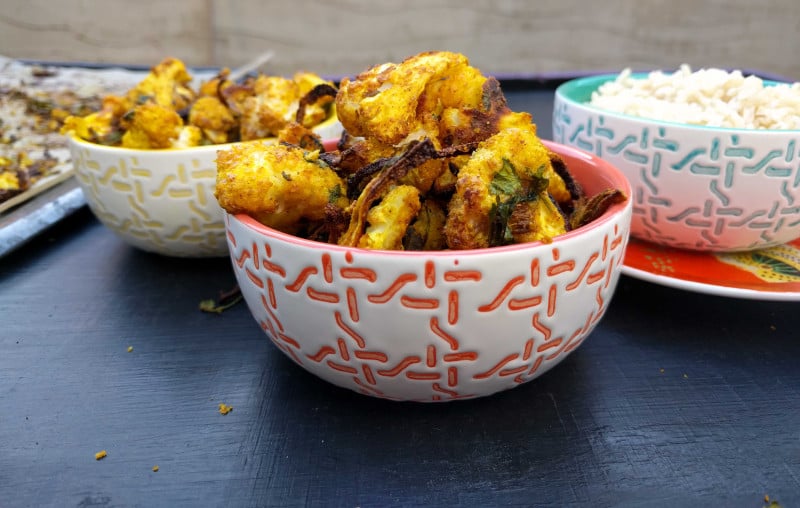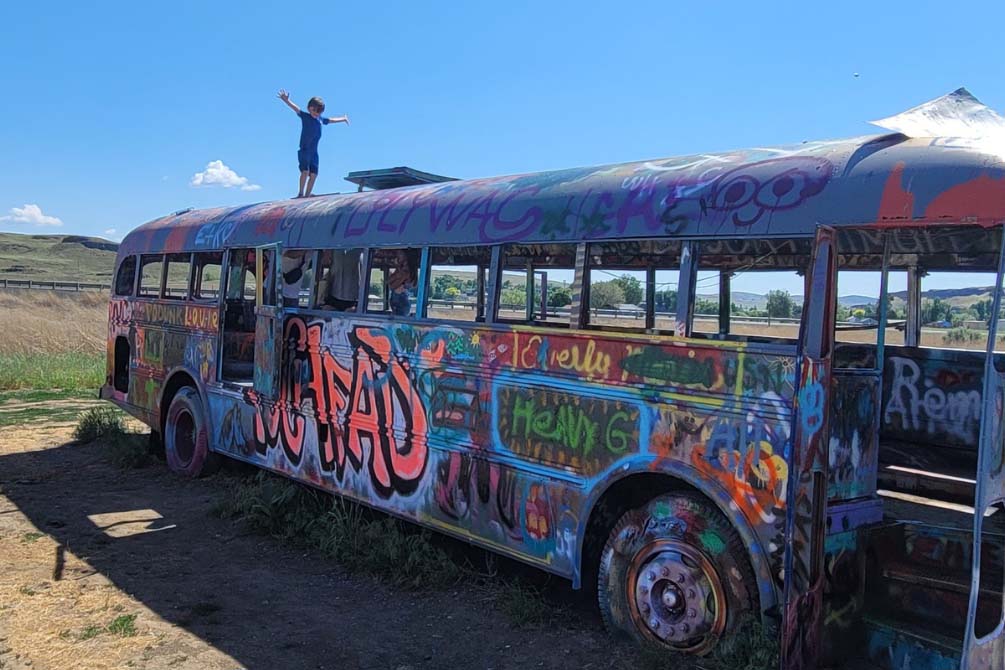Six Things That Helped Me Get and Stay Sober

By Molly Patrick
Apr 9, 2023,
By Molly Patrick
Apr 9, 2023,
I knew I was finally ready to get and stay sober when I felt an exhaustion so deep that it was beyond physical. It was an emotional and spiritual depletion that left me feeling so weak that it was hard to make it through a normal day. If an average day was hard to get through, I knew I wouldn’t survive a really difficult day.
About a month after I quit drinking, my cat, Panda, whom I was very close with, died unexpectedly. When I got home from the vet at 4am, all I wanted to do was smoke a cigarette and have a drink. Instead, I stood in my kitchen and hyperventilated into a paper bag. Then, I went to sleep. The next morning I wasn’t hungover, just very, very sad. Not being hungover allowed me to be present with my sadness instead of physically feeling like shit and mind-fucking myself into how long I should wait until I had a drink. I could just be sad. And that made me a little stronger. When I got through Panda dying without drinking or smoking, I knew I could get through anything without turning to alcohol and cigarettes. But maybe even more importantly, I could feel that I was building up the strength to human again.
My path to sobriety was a solo and internal process
That isn’t to say it was the best way, but it was the way that worked best for me. Many people have great success with going through 12-step programs and staying active in meetings. Some people go to a treatment facility and then ease back into life. There is no wrong or right way to get sober. For me, it was an inside job.
Here are six things that helped me get and stay sober.
Depending on how you choose to get sober, these things may or may not be helpful to you. Take what helps. Leave the rest. Here’s to a sober life with more beauty than you ever know possible.
1. I told myself sobriety was a forever thing
Every time I unsuccessfully attempted to quit, I told myself it was for a certain length of time. Two weeks, a month, three months, etc. This gave the addict part of my brain a huge bargaining chip, and I used it every time. I would not drink for a few days, and then I would convince myself to have a drink because I was going to drink again anyway, may as well start back up now!

When I quit for good, I told myself this was a forever thing. I am one of those people who just can’t drink. Ever again. Period. The end. For me, this made all the bargaining power go right out the window. Since I’m never going to drink again, there’s no mindfuck about when I might drink again and whether I should speed up that process and drink today instead. It brings a great sense of calm, ease, and peace knowing I will never drink again.
2. I shifted how I thought about alcohol
I used to view alcohol as a positive thing in my life. It was my friend, my entertainment, my social lubricant, my reward, my comfort, my pleasure, my distraction, and my therapist. During previous attempts to quit, I saw alcohol as something really good I was giving up.

When I quit for good, I was finally ready to view alcohol for what it really was. For me, it was a poisonous substance that was making me sick and keeping me stuck. This was not a friend. Instead of thinking about alcohol as something that helped me, I made a mindset shift and thought about it as something that had hurt me for a long time.
3. When I decided to quit for good, I was selective about who I told
If I told too many people or certain people in my life, it would have been too much pressure, so I only told a handful. I knew I would tell more people eventually, but for now, I only wanted to tell the people closest to me, who would be confused about why I was no longer drinking.

I told my girlfriend at the time, my parents, and my drinking buddies. I didn’t go into details. I just told them I was better off not drinking, so I wouldn’t do that anymore. I told them I didn’t care if they drank, but I would skip it.
After one year of being sober, I told more people and gave more details. I wanted that first year to be just for me. After many, many, many years of drinking, I had a lot to process and unpack. I needed to do this in my own time without answering a bunch of questions or feeling the need to explain my actions.
4. I embraced the suck
Running directly into uncomfortable feelings instead of running away was a game-changer. When I experienced cravings, fear, and sadness, I was present for them instead of trying to make them go away.

In the past, I had always turned away from being uncomfortable, sad, mad, or down. This time I welcomed those emotions because I knew it was part of the deal. I also knew they would pass. Accepting that we live with impermanence and that nothing lasts forever—good or bad—was of great comfort to me. Even when I was drinking, the fun didn’t last forever. Eventually, I had to go to bed. So I knew that the cravings and sadness would pass too. The anger would transform. The discomfort would morph. And this helped me open up to all the emotions, positive and negative. When you’re not trying to make a negative feeling go away, you won’t reach for something to push it down. Embracing the suck was one of the most important tools in the early stages of my sobriety.
5. I visualized where drinking would lead me
After three months of not drinking, I became really bored. Was this really my life now?
I knew I was never going to drink again, but some moments seemed really boring without alcohol. So I used my imagination and visualized where drinking would lead me.
I would start by visualizing buying a bottle of wine and having that first glass. Then I would picture myself wanting that second glass and giving in (like I KNEW I would). After two glasses, it would be simple to convince myself to drink more, go back to the store (or maybe a different store so I wouldn’t feel so much shame), to buy another bottle.
I kept visualizing. The next morning I would wake up and feel regretful and sick. I might go a day without drinking, but by the next day, I would be ready for more. Then I visualized the day after that, and I knew I would drink again. And the next day. And the next. And before I knew it, I would be right back in my holding pattern.

Playing out this scenario in my head was a great reminder that I was someone who couldn’t drink, no matter how bored I was. So instead, I read more. I made new friends. I watched good movies. I collected delicious-smelling soap. I started exercising more. I created more mouthgasmic plant-based meal plans. Whenever I was tempted to drink, I went back to visualizing where it would lead me. And I kept staying the course. I moved forward instead of going back.
6. I practiced gratitude daily
Every morning when I woke up, I drenched myself in gratitude (and the delicious-smelling soap). I would give thanks for my life. For another day. For my family. For not having a hangover. And for whatever else I was grateful for at that particular moment, for which there were countless things to choose from.

Every night when I went to bed, I did the same. I gave thanks for not being drunk. For having a comfortable bed to sleep in. For my life. For my business. For another day without alcohol.
My daily gratitude practice reminded me that happiness is not a destination—it’s not something that can be chased. It’s already in me, and I don’t need to drink to find it.
I wish you well on your journey. If I can get and stay sober, trust me, ANYONE can.
I was able to quit drinking because I was finally ready to quit drinking. No matter how many strategies, hacks, tricks, or mantras you have, if you aren’t ready to quit, none of them will actually help you quit. If you’re reading this blog post, that could be a sign pointing to you being ready to quit for good. If you have questions about sobriety, feel free to email me [email protected]
Xo
Molly
5 Comments
Leave a Comment
Love the food that loves you back
Get instant access to thousands of plant-based recipes and meal plans, no credit card or perfection required.













Thank you, this was a great read for a many-time failed quitter. I’m like you – it has to be on my terms and as you said, it’s an inside job. I’m on day 6 and am embracing all that you have written about. Serendipity to find this today. Thank you.
Thank you for an inspirational read, just when I needed it. I’m in the process of quitting smoking after 50-some years (for the umpteenth time) and I’m truly finding that running towards “the suck” is where it’s at, rather than using a smoke as a way to escape my own presence.
Lots of love from a dirty old girl.<3
Thanks Molly. This isn’t purely for drinking, but spoke to me, struggling with sugar, fat and salt cravings. I’ve become a prod]fess or if procrastination and excuses, but am slowly changing my life around and hopefully getting some of my health back. You’ve inspired me and made me consider again why I’m doing this. Thanks so much and joy to you xx
You are so right, Liane! I’m cheering you on. xo Molly
Such an honest post, thank you for sharing your courage and your journey!! One factor that helps me is remembering that alcohol is literal poison. Another fantastic reminder! Keep it up, Molly!! Love your posts!